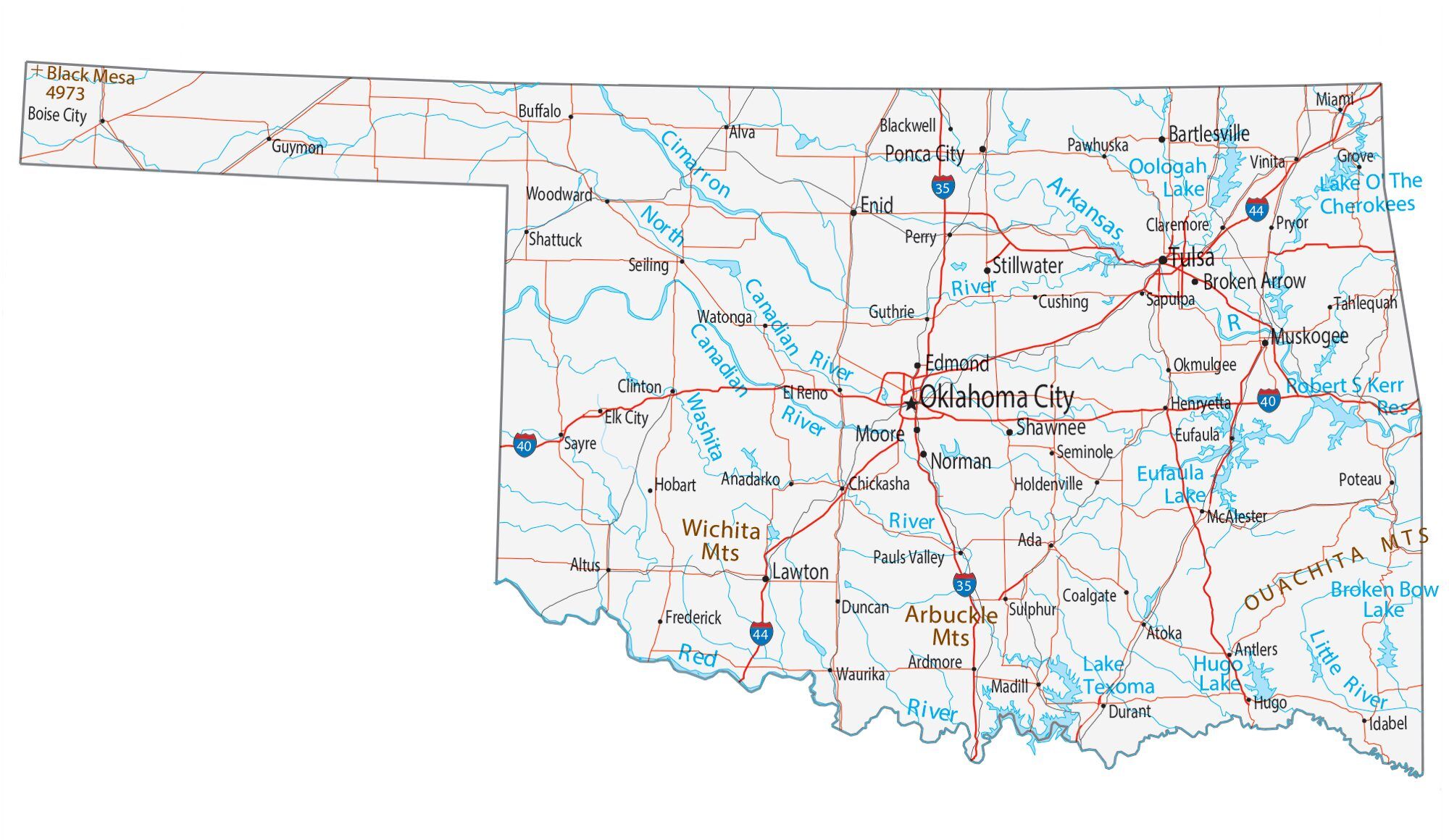Septic systems play a vital role in managing wastewater for homes and businesses not connected to municipal sewer systems. In Oklahoma, strict regulations ensure these systems operate safely to protect public health and the environment. This guide delves into the essential aspects of Oklahoma Septic Tank Laws, covering permits, compliance, costs, and resources.
Table of Contents
- State-Specific Regulations Information
- Compliance Information
- Cost Information
- Local Resources and Contact Information
- Supportive Resources
- FAQs About Septic Systems in Oklahoma
State-Specific Regulations Information
Installation Permits
Obtaining an Oklahoma septic permit is mandatory before installing a new system or modifying an existing one. The application process involves submitting detailed plans and a soil test to the Oklahoma Department of Environmental Quality (DEQ). Costs for permits vary depending on the system’s complexity but generally range from $200 to $500.
Septic Tank Size and Placement
Oklahoma septic tank regulations mandate that tank size be proportional to the household’s wastewater output. For a typical three-bedroom home, a 1,000-gallon tank is the minimum requirement. Drain field placement must follow state setback guidelines, maintaining safe distances from wells, property lines, and water bodies.
Wastewater Disposal
Oklahoma wastewater rules emphasize proper sewage disposal to prevent groundwater contamination. All on-site sewage treatment systems (OSTS) must meet performance standards outlined by the DEQ. Systems must be designed to handle the soil’s absorption capacity and the property’s topography.
Maintenance and Pumping
Regular maintenance ensures the efficiency of septic systems. Oklahoma health department guidelines recommend pumping tanks every three to five years, depending on usage. Property owners must keep records of inspections and maintenance to demonstrate compliance.
Compliance Information
Legal Compliance Guidelines
Homeowners and businesses must adhere to Oklahoma’s environmental quality standards. Compliance includes obtaining the necessary permits, following installation guidelines, and conducting regular maintenance. The DEQ oversees inspections to ensure systems meet Oklahoma on-site sewage treatment standards.
Potential Fines and Penalties
Failure to comply with Oklahoma septic tank laws can result in fines ranging from $500 to $10,000, depending on the severity of the violation. Environmental protections in Oklahoma focus on preventing water pollution and safeguarding public health. Non-compliance can also lead to mandatory system repairs or replacements.
Cost Information
Permit Fees
The cost of an Oklahoma septic permit typically ranges between $200 and $500. This fee covers the application review, site evaluation, and final inspection.
Pumping Costs
Septic tank pumping costs in Oklahoma average $250 to $400. The price may vary based on the tank’s size and location.
Installation Estimates
Installing a new septic system in Oklahoma costs between $5,000 and $15,000. The final price depends on factors like soil conditions, system type, and property size.
Local Resources and Contact Information
For assistance with septic systems, homeowners can contact the following agencies:
- Oklahoma Department of Environmental Quality (DEQ)
Website: www.deq.ok.gov
Phone: (405) 702-1000 - Local Health Departments
Each county health department provides guidance on septic system installation and maintenance. Visit www.oklahoma.gov/health for contact information. - Certified Septic Service Providers
The DEQ offers a list of state-certified professionals. Check their website for updates and recommendations.
Supportive Resources
Helpful Links
- Septic System Guidelines: Oklahoma DEQ Septic Resources
- Local Health Resources: Oklahoma State Department of Health
Downloadable Guides
- Homeowner’s Handbook for Septic Systems – Available on the DEQ website.
- Soil and Site Evaluation Standards – Provided by the Oklahoma DEQ.
Infographics and Visual Aids
Infographics summarizing Oklahoma wastewater management laws and septic system maintenance tips can also be found on state agency websites.
Conclusion
Following Oklahoma Septic Tank Laws is essential for protecting the environment, maintaining public health, and avoiding costly penalties. By adhering to permit requirements, maintenance schedules, and wastewater rules, homeowners can ensure their systems run efficiently. For personalized assistance, contact local health departments or certified septic professionals. Stay informed to keep your septic system compliant and sustainable.
FAQs About Septic Systems in Oklahoma
Is a permit required to install a septic system in Oklahoma?
You need a permit from the Oklahoma Department of Environmental Quality (DEQ) before installing any septic system. The application involves a soil test and site evaluation, followed by approval of the design by a certified professional ODEQ.
What are the alternatives if my property isn’t suitable for a standard septic system?
Oklahoma offers several alternative on-site sewage treatment systems, including aerobic treatment units and lagoon systems. These require DEQ approval and are designed based on property specifics like size, topography, and soil types ODEQ.
What is the minimum septic tank size required?
For a typical three-bedroom home, Oklahoma regulations require a minimum tank size of 1,000 gallons. Larger homes or properties with higher wastewater output may need larger systems.
How often should a septic system be inspected or pumped?
The DEQ recommends septic tanks be pumped every three to five years, depending on the household size and water usage. Regular inspections are encouraged to ensure system compliance Septic.
What should I do if my septic system fails?
If a system fails, homeowners should contact a DEQ-certified septic professional immediately. You may need a permit for system repairs or replacements, and you must ensure all modifications meet state guidelines.
Are there penalties for non-compliance with septic regulations?
Yes, failing to comply with Oklahoma’s septic laws can result in fines ranging from $500 to $10,000. Environmental violations, such as contamination of water supplies, may lead to additional penalties Septic.
How can I find a certified septic installer or maintenance provider?
The DEQ maintains a list of certified septic system professionals, including installers, soil profilers, and pumping service providers. Visit the DEQ website for up-to-date contact information ODEQ.
For additional details, visit the Oklahoma DEQ website or consult with your local health department.
The Role of Perforated Pipes in Drain Fields
What Happens During a Pumping Service?
Septic Tanks vs. Sewer Systems | Choosing the Right Option
Directory | Virginia Septic Service Providers | Part 2
Directory | Virginia Septic Service Providers : Best Professionals | Part 1
Septic Treatments for Odor Control: Best Methods for Eliminating Unpleasant Smells







